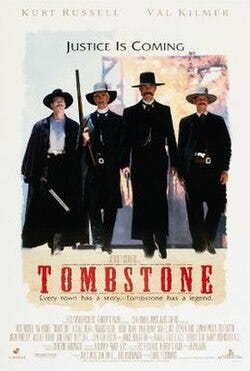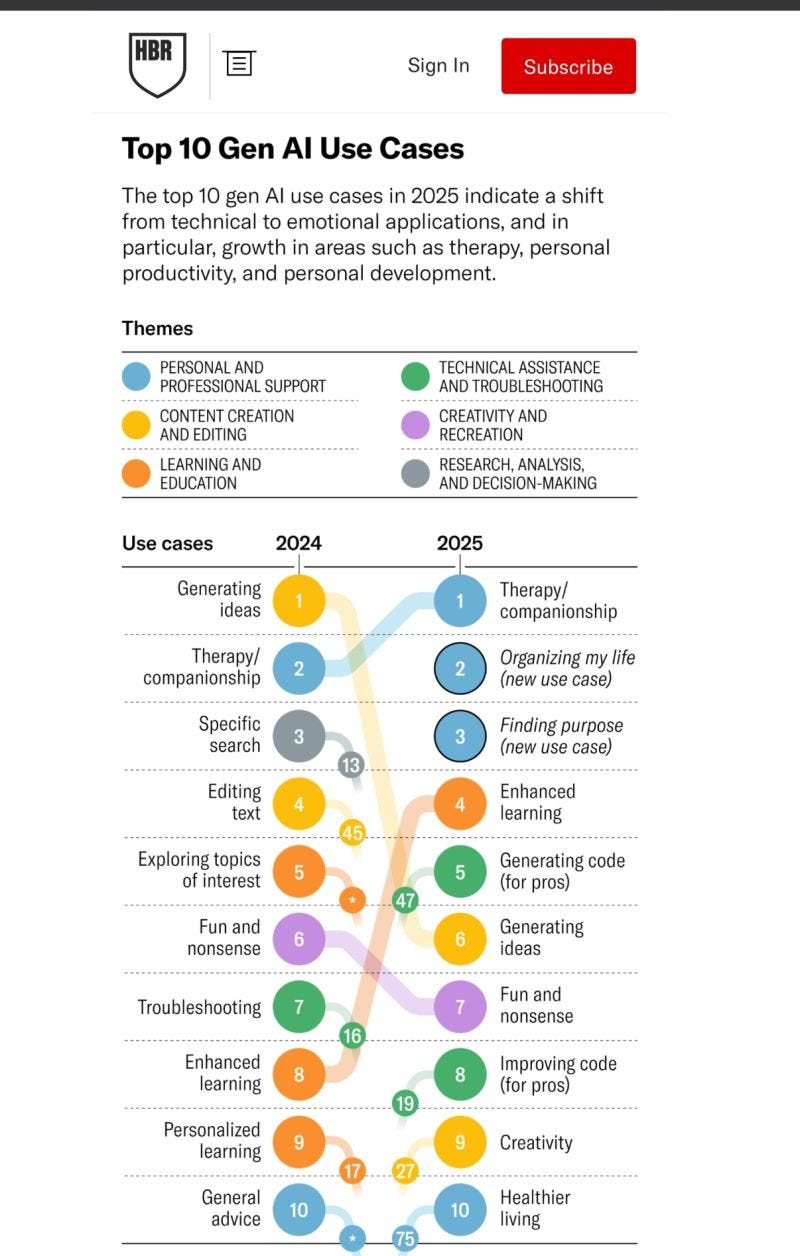#104: What if you lost everything tomorrow?
"Premeditatio malorum" - the premeditation of adversity.
👋 Hey, Leo here! Welcome to The Antifragile Leader. Each week, I explain the concepts needed to lead through uncertainty. Subscribe to get every issue in your inbox.
Hey Friends,
Welcome to the 103rd edition of this newsletter.
I was out with some old friends on Friday, and at some point, we got into a conversation about starting over from scratch. One of them said he was not afraid of risking and losing it all, as he was confident that he could get at least to the same point as before.
And I remembered a lunch I had with one of the Partners at my company, a lady I truly admire, and she said the same thing. She is in her early 40s and said pretty much the same thing: that she would have no problem starting over again and again.
So, I am asking you:
What would happen if, tomorrow morning, everything you’ve built disappeared?
Not just your money or your job.
Everything.
Your title. Your reputation. Your network. Your business.
Your LinkedIn connections and the status that came with them.
Your home, even. Your routine.
The sense of who you are, shaped by what you do and what others expect of you.
Imagine it all wiped clean.
A hard reset.
No noise. No announcement. Just… gone.
Of course, we would not get into the probabilities and possibilities of this happening.
It’s not really that hard, even; one “missed bet,” and you’re there. (I’m not talking about gambling, of course, but maybe getting into debt because of a health problem or losing all your savings because you put them in a failed business, for example).
Anyway, it’s gone.
All that remains is you — your body, your mind, your character, your skills, and whatever beliefs you've trained when no one was watching.
How would you begin again?
The Stoics had a name for this thought experiment: premeditatio malorum — the premeditation of adversity.
They practiced imagining loss not to spiral into anxiety or become numb to life, but to prepare themselves for the inevitable volatility of the human experience. They believed that by mentally rehearsing the worst, they could free themselves from its grip long before it arrived.
Where modern culture tells us to manifest the best, the Stoics asked:
“Can I endure the worst?”
“Will I still be me if the things I cling to are gone?”
It wasn’t nihilism. It was clarity.
And strangely, it didn’t shrink them — it made them stronger.
Because by confronting the possibility of loss, they became less afraid of it.
And with fear out of the way, they could act more freely, more creatively, more courageously.
It was not only about physical possession but also about family.
And this made them cherish even more the time they spent with them.
We spend so much energy trying to protect what we’ve built.
We insure it, polish it, defend it. We wrap our identities around it.
But very few of us ask a more dangerous — and more liberating — question:
“If I had to start from zero, would I know how?”
This is where Stoicism intersects with a concept I’ve found indispensable in leadership, in life, and especially in chaos: antifragility.
Coined by Nassim Taleb, antifragility is the idea that certain things don’t just survive shocks — they grow because of them.
Where the fragile breaks, and the resilient resists,
the antifragile improves.
It gets stronger with volatility.
Wiser through mistakes.
More creative under constraints.
More focused under pressure.
When you practice premeditatio malorum, you’re not just imagining loss.
You’re conditioning yourself to become antifragile.
You’re training for the moment when something breaks — knowing that you’ll build back something better because of what broke.
History is full of people who lost everything — and survived.
Not only survived, they came back even stronger. Transformed.
Viktor Frankl, imprisoned in Auschwitz, lost his family, his home, his freedom, and his identity as a respected psychiatrist. What he didn’t lose was his ability to choose how to respond — and that tiny sliver of freedom became the foundation for his life’s most important work.
J.K. Rowling found herself broke, divorced, and alone with a child. She has said that “rock bottom became the solid foundation on which I rebuilt my life.” That foundation gave birth not just to a story, but to a phenomenon.
Steve Jobs was forced out of Apple, the company he founded. Many would have collapsed under the weight of that rejection. He called it a gift — a chance to begin again, with fewer expectations and more curiosity. He went on to create Pixar and NeXT, and eventually returned to Apple to reshape its future.
These stories are not about bouncing back.
They’re about coming back changed.
They’re about people who didn’t just survive adversity — they extracted value from it.
That is antifragility in motion.
So here’s a challenge. An uncomfortable one:
Do your own Stoic fire drill.
Not because disaster is guaranteed — though life has its way of shaking things up — but because the exercise makes you sharper, calmer, clearer.
Sit with a blank page and ask yourself:
What if I lost my role, my job, my source of income?
What if no one answered my calls or emails?
What if my current identity — the one the world sees — no longer existed?
Then ask:
What would still be mine?
What would I still be able to offer?
Who would I become in the process of rebuilding?
If the answers feel vague, or uncomfortable — that’s okay.
That’s where the work is.
Because if you can rebuild from nothing — or at least believe you can — you start to hold what you have with less desperation. You lead with less fear. You live with more range.
You stop being defined by the things you own or the titles you carry, and you start becoming the kind of person who cannot be reduced by loss.
Premeditatio malorum isn’t an excuse to wallow in negativity.
It’s a tool for clarity.
And when combined with the antifragile mindset, it becomes something even more powerful:
A blueprint for growth, no matter what breaks.
Because when you’ve prepared your mind for loss,
when you’ve let go of the illusion of control,
when you’ve rehearsed the fall and accepted it — you are finally free to rise.
Recommendations:
The Red Bull Wingfinder assessment is one of the best personality assessments out there. I used it for my Leadership and Organizational Behavior MBA paper and built my very own career growth plan based on it.
The best thing about it: It’s FREE!
It only takes about 30-35 minutes and gives you a clear picture of what your strengths are and what you can do to be even better.
Tombstone - I recently watched this Western cult classic, and even though it has some flaws, the story is quite engaging.
Top Gen AI use cases - I recently read this post on Diana Stafie’s LinkedIn. Diana is a foresight and future strategist and talks about how the usage of AI shifted from technical use cases to deeper, more personal ones. This got me thinking.
Thanks for reading.
If this resonated, forward it to someone navigating uncertainty. Or someone who needs a reminder that what they’ve built inside is stronger than what they’ve lost outside.
Stay Antifragile,
Leo
P.S. If you enjoyed this piece and want to support my writing, please consider sharing it and becoming a paid subscriber.
Thank you so much for being here!
P.P.S. If you want to read my content daily, don’t forget to follow me on LinkedIn





